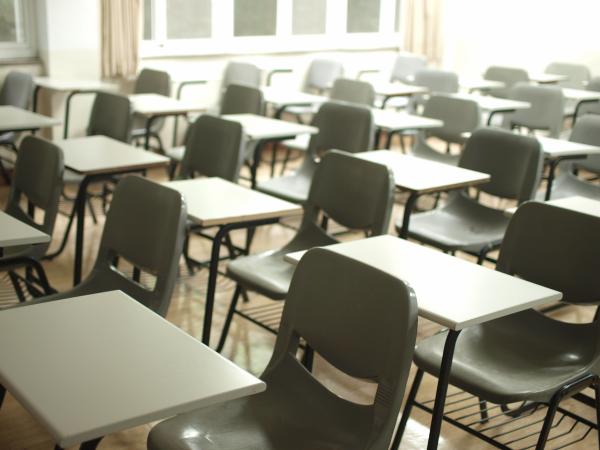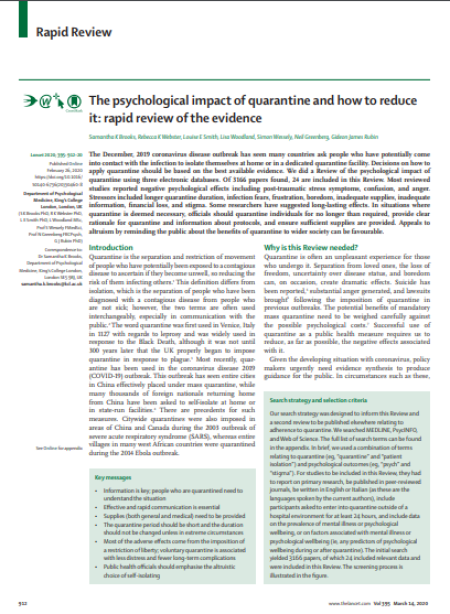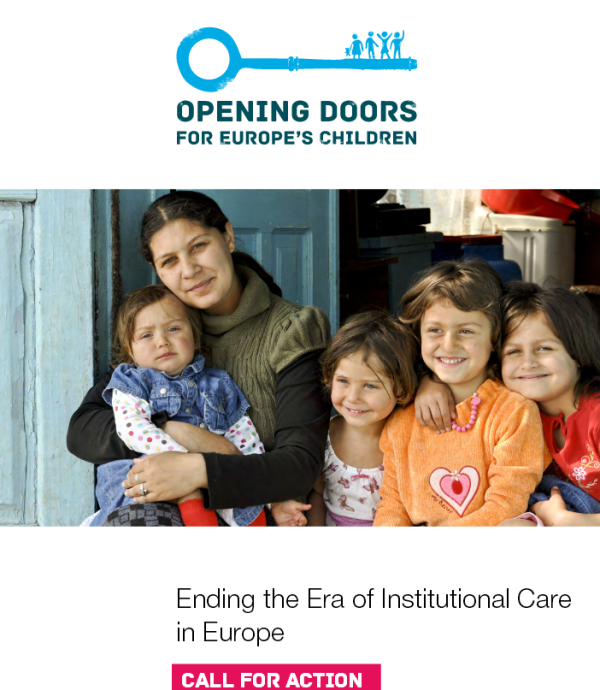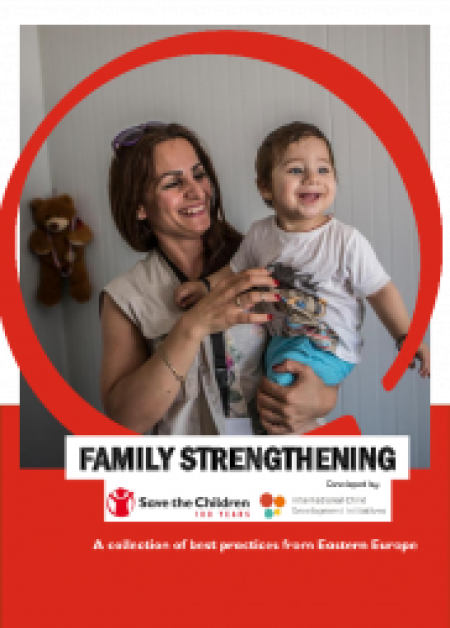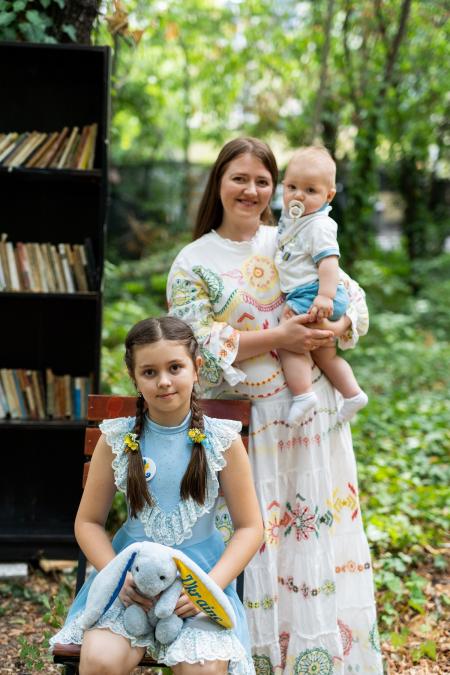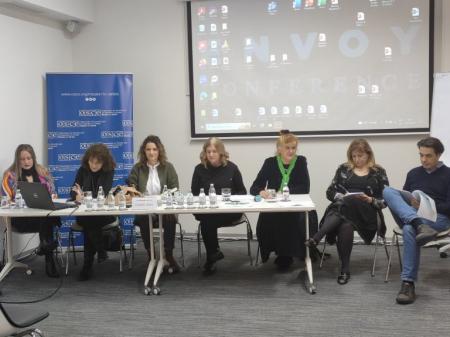
According to the Organisation for Economic Co-operation and Development (OECD), Estonia has the best education system in Europe, much of its success owed to a vastly digital approach.
Teachers make use of virtual reality to render their subject more engaging, most homework and tests are set digitally (which also reduces the amount of marking teachers have to do), exams are gradually being moved online and there are many online resources available, including a national online library fittingly named “e-Schoolbag”.
Estonia does not reserve a digitalised approach exclusively to education: there are electronic ID cards, online voting, and 99% of the government services are delivered online.
The country’s education system also scores highly on OECD’s list at promoting fairness, inclusion, and looking after the wellbeing of pupils. Classes are of mixed abilities, whilst school lunches, transport, textbooks and trips are all free. The education minister explained that the system is built on trust: there are no regular inspections and teachers receive a lot of autonomy.
The curriculum is employer-oriented, focusing on the development of skills such as problem solving, critical thinking or digital competence, there is therefore an emphasis on implementation rather than the “knowledge and understanding” discourse of more traditional schooling.
Estonia has an education strategy in place until 2035, with cross-party support, that helps deflect from the break in momentum brought by each new government’s envisioned changes on teaching.


